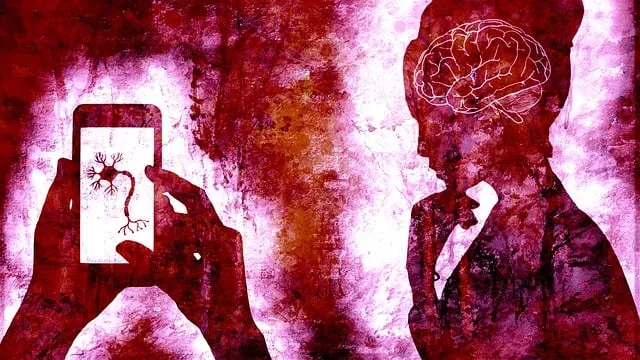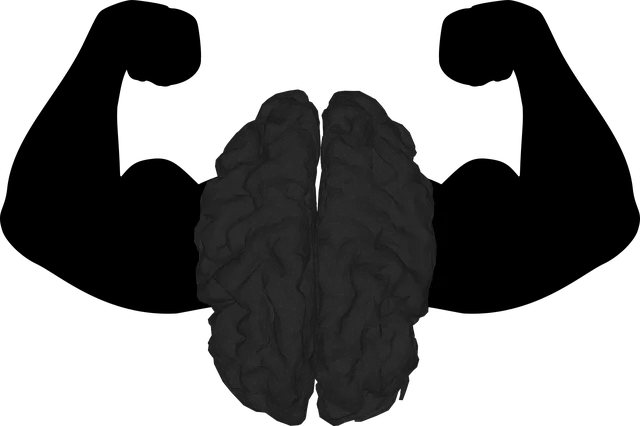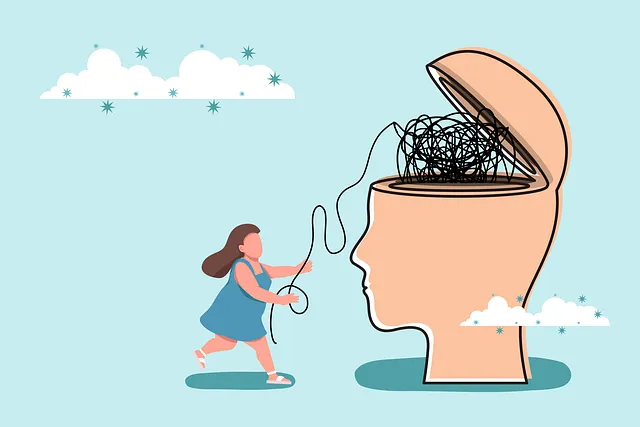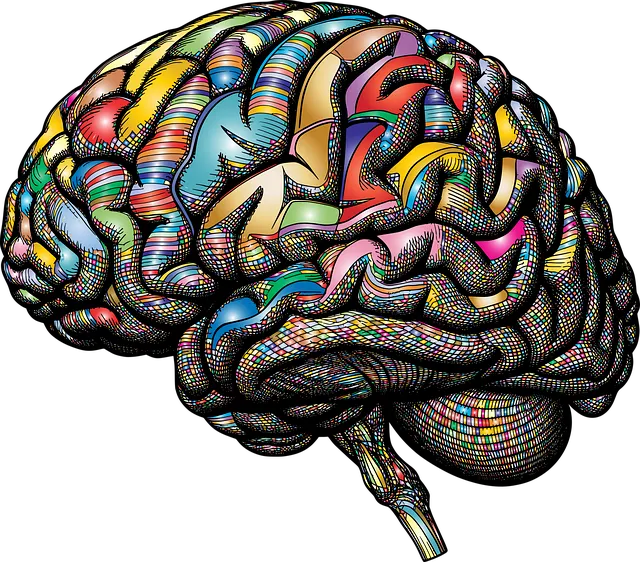The Golden Kaiser Permanente mental health center tackles the stigma surrounding mental illness through innovative strategies, creating a supportive environment that encourages open conversations and community support. They integrate compassion cultivation and mindfulness meditation into their treatment plans, fostering empathy and understanding among diverse patients. By engaging communities with public talks, workshops, peer support groups, and evidence-based practices like Mood Management, the center promotes early intervention, improved mental health outcomes, and an inclusive environment where everyone feels supported and understood.
Mental illness stigma, a pervasive barrier to treatment, continues to burden individuals and communities. This article explores strategies aimed at reducing this societal scourge, focusing on efforts undertaken by the Golden Kaiser Permanente Mental Health Center. We delve into their initiatives, highlighting community engagement and education as powerful tools in the fight against mental health stigma. By examining these approaches, we aim to illuminate paths toward a more supportive and understanding society for those facing mental health challenges.
- Understanding Stigma and its Impact on Mental Health Seeking
- Strategies and Initiatives at Golden Kaiser Permanente Mental Health Center
- Community Engagement and Education for Stigma Reduction
Understanding Stigma and its Impact on Mental Health Seeking

Stigma surrounding mental illness is a significant barrier to individuals seeking help and support for their well-being. It often manifests as negative attitudes, beliefs, and stereotypes about those living with mental health conditions. This societal stigma can have profound effects on an individual’s life, leading to increased anxiety, depression, and even isolation. Many people struggling with their mental health may fear judgment or discrimination, which deters them from reaching out for assistance.
Reducing the stigma associated with mental illness is crucial in fostering a supportive environment for all, especially at institutions like the Golden Kaiser Permanente mental health center. By raising public awareness through campaigns that promote understanding and empathy, we can challenge existing misconceptions. Educational initiatives, such as social skills training programs, can also play a vital role in breaking down barriers. Encouraging open conversations about mental health, implementing stress reduction methods, and fostering community support networks are essential steps towards creating a more accepting society where individuals feel comfortable seeking the care they need at facilities like Kaiser Permanente.
Strategies and Initiatives at Golden Kaiser Permanente Mental Health Center

The Golden Kaiser Permanente Mental Health Center has been at the forefront of stigma reduction efforts, implementing innovative strategies to foster a more compassionate and understanding community. One key initiative involves enhancing communication between mental health professionals and patients through culturally sensitive and accessible communication strategies. This approach ensures that individuals from diverse backgrounds feel heard and respected, promoting trust and open dialogue.
Additionally, the center promotes compassion cultivation practices and mindfulness meditation as therapeutic tools. These practices encourage empathy and understanding among both patients and healthcare providers, helping to dispel myths and reduce negative perceptions associated with mental illness. By integrating these techniques into treatment plans, Golden Kaiser Permanente aims to create a supportive environment that encourages healing and empowers individuals to take charge of their mental well-being.
Community Engagement and Education for Stigma Reduction

Community engagement plays a pivotal role in stigma reduction efforts for mental illness. By bringing mental health services directly into communities, such as through programs at the Golden Kaiser Permanente mental health center, individuals are more likely to access care and connect with support systems. Educational initiatives focused on raising awareness about mental health conditions can dispel myths and reduce prejudice. These activities often involve public talks, workshops on topics like mindfulness meditation and crisis intervention guidance, as well as peer support groups that foster understanding and empathy within the community.
Incorporating evidence-based practices such as Mood Management techniques into these educational programs empowers individuals to take charge of their mental health. The collaborative nature of community engagement ensures that resources are tailored to meet local needs, fostering a more inclusive environment where everyone feels supported and understood. This collective effort not only reduces stigma but also promotes early intervention and better outcomes for those facing mental health challenges.
Stigma reduction efforts, as exemplified by initiatives at the Golden Kaiser Permanente mental health center, play a pivotal role in fostering inclusive communities. By combining community engagement and education, these strategies not only improve access to mental health services but also enhance overall well-being. Through sustained efforts and collaboration, we can create a society where mental illness is met with empathy, understanding, and support rather than isolation and judgment.






